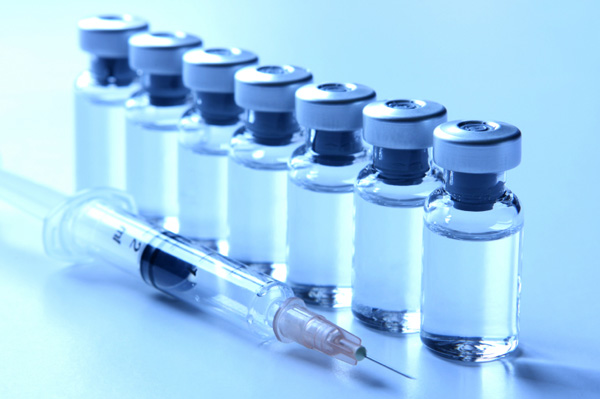The U.S. Centers for Disease Control and Prevention investigation may help explain a recent surge in the number of Americans with whooping cough (pertussis).MONDAY, May 4, 2015 (HealthDay News) — A booster shot of the whooping cough vaccine that is given to preteens loses a large measure of effectiveness within a few years, new research reveals.
“Among adolescents, within the first year following immunization the vaccine effectiveness was 73 percent,” said study author Dr. Anna Acosta, an epidemiologist in the CDC’s division of bacterial diseases. “But by two to four years out, it had fallen to about 34 percent effectiveness.”
Still, Acosta stressed, “we really need to keep in mind that while vaccines are not perfect, they are still the best way to provide protection among children and adolescents.”
In the United States, very young children get a five-dose series of the whooping cough vaccine. A sixth dose of the vaccine has been recommended for adolescents since 2005.
Characterized by severe coughing, whooping cough can impede breathing, cause vomiting and interfere with sleep, the CDC says. Infants face a notably high risk for severe disease and death from whooping cough, Acosta said. The risk of complications for teens and adults is lower but still significant.

